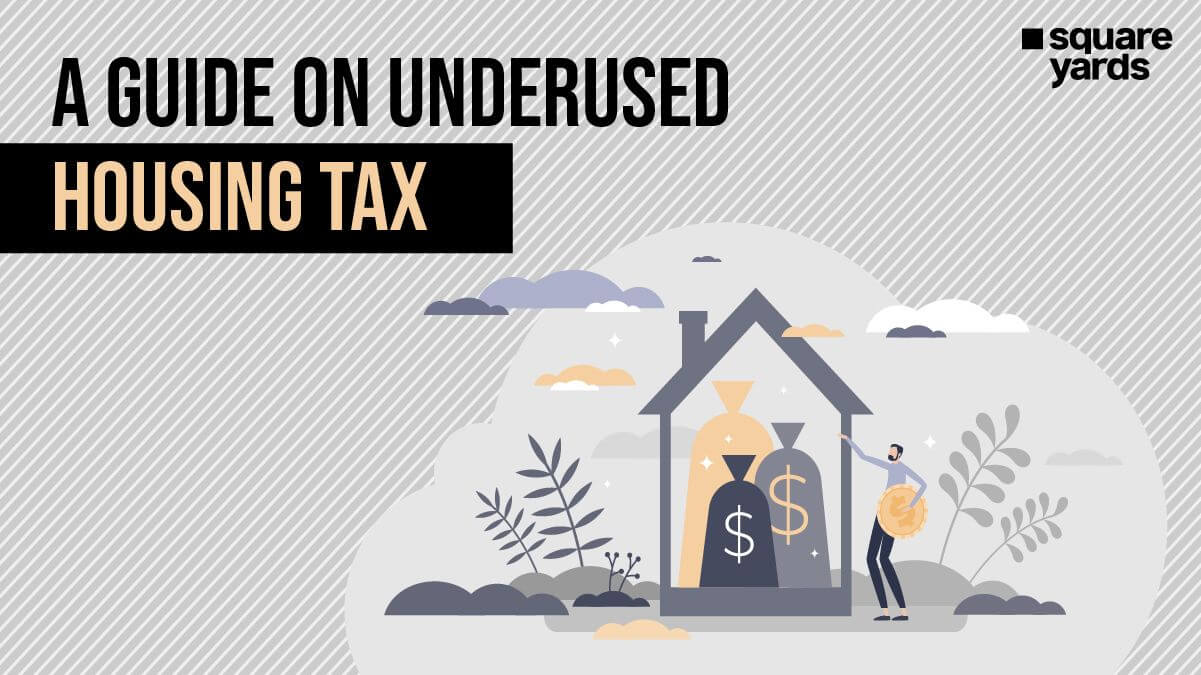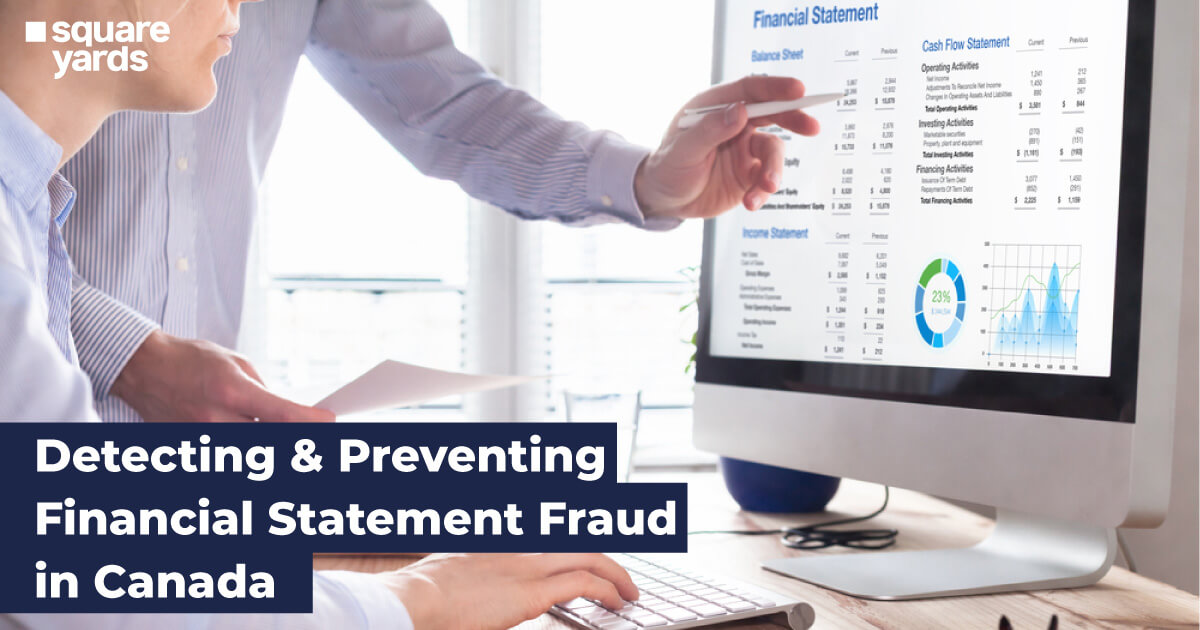We don’t give it enough thought, but how cool it is to press a few clicks, type in a few details and bam, get an insurance policy without visiting any office. Online insurance has been gaining momentum in Canada. Thanks to the convenience, flexibility and simplicity it brings to the table. But like every other online facility, there’s always the risk of theft and privacy invasion, making room for newer insurance tips. Getting any insurance requires submitting sensitive, personal details. And the myth of a safe internet is an open secret now. We know very well how attackers feed on user’s personal data and make their fortune out of it. So today, we bring 9 safeguard insurance tips to empower consumers and businesses to take better care of their data. Digitisation made insurance simpler. Our tips are here to make it safer! Let’s dive straight in.
Practicing Data Minimisation
One immediate way to safeguard sensitive information is to have as little of it as possible. In the world of data protection and privacy, it is called Data Minimisation. Businesses and companies must collect only as much personal data as is required to fulfil the intended purpose. When the information is relevant and limited, it is less vulnerable. Further, companies should also ensure that once the desired purpose is fulfilled, and there no longer is the need for a particular data, it must be timely disposed of. This disarms the attackers while safeguarding your insurance.
Using Encrypted Connection
The way encryption works is it restricts unauthorised access to your information. Be it your files, documents or personal details, if it’s encrypted, it’s safe. Websites can use SSL encryption, while users should look for the ‘https://’ mark on the website. Further, Virtual Private Networks (VPNs) are great for ensuring privacy and safety. While using a VPN, one must be sure to use only a reliable server which prevents data breaches and restricts direct connection.
Enable Multi-Factor Authorisation (MFA)
Another solid safeguard insurance tips is to enable MFA on your website. Passwords are good, but they’re an old and outdated way of protection. Along with login credentials, websites should set up other forms of authentication to add additional layers of security. OTP is a commonly used element of MFA. It is generally received via SMS or mail. While hackers may access your login details, they’d find it difficult to track a PIN that’s recently generated and that too, for a one-time use.
PCI Compliance
It is mandatory for any service provider accepting, processing, storing or transmitting credit card data to comply with Payment Card Industry Data Security Standards (PCI DSS). This helps in creating an overall safe digital environment, safeguard insurance tips details. The above-discussed ways of data encryption and MFA fall under PCI compliance as well. Some other ways to ensure high data security standards are access control, regular monitoring and incident response plans.
Using Secure Forms of Online Payment
This safeguard insurance tips applies to policy buyers as well as providers. Online insurance providers should only accept payments through secure channels, while buyers should only use safe methods of payment. Credit and debit cards are considered to be the safest forms of online payment. CVV authentication also establishes high safety in card transactions. Further, mobile payments and digital wallets also ensure high safety with biometric authentication and other verification steps.
The use of cryptocurrencies, however, does not ensure robust security. These are decentralised in nature and generally more susceptible to hacking. Therefore, it’s always a smart choice to rely on traditional forms of online payment while buying online insurance.
Awareness among the Staff is Important
Negligence is among the top 5 reasons for cyber crimes, including data breaches. One of the most practical insurance tips is to educate your staff about the possible case scenarios and the appropriate responses to them. Firstly, strict access control should be practised so that consumer information is only available to the employees who need it. Further, regular training on data security practices should be organised, where customer confidentiality and incident response plans are discussed. Lastly, every company must also establish strict responses against any form of leak from the staff members.
Choosing Reputed Providers
Before settling with an insurance company, buyers must research well. Reputed companies are more likely to have robust safety frameworks in place than others. Apart from greater protection for your information, they also offer smooth claims handling and an overall good experience. Moreover, such companies have well-laid-out plans in case of any breach. The responses are prompt, and the protection is resultantly higher.
Review Privacy Policies
It might sound boring, but going through a company’s privacy policy goes a long way in safeguarding insurance. It primarily helps establish transparency by giving a clear picture of how the company treats its customers’ data. It also specifies the various ways of data protection deployed by the company. Most buyers make it a point to go through every term and condition while taking insurance offline. Doing so online as well can be significantly effective in making the right choices.
Regular Software Updates
In an app-driven world, updates are the best prevention. Users should regularly update the devices from which they’re accessing the website, while service providers should ensure there is no loophole in their online framework. Updates and security patches are designed to respond to the new ways of invasion developed by the attackers. Therefore, these are regularly rolled out to keep up with attackers. Most users ignore these as unnecessary pastimes, but they strengthen your digital presence and ensure higher privacy.
Keeping Up With Change
Online insurance is transforming the way people protect their cars, properties, businesses and lives. Imagine the ease of uploading an image of the damage and submitting it for claim online, instead of waiting for a visit from the company. There already is a great demand for the service, and it seems to only increase in the forthcoming years. While it is enjoyable to make use of the ease that comes with online insurance, it is also important to be empowered to deal with its potential risks. Methods like encryption and data minimisation are online insurance building blocks, empowering businesses to provide safer services and buyers to practice intelligent customer behaviour.
You May Also Read :
|
Know The Home Insurance policy |
|
|
Guide To Pet Insurance Canada |
|
|
All About Tenant Insurance in Canada |
|
|
Explore Ontario Health Insurance Plan |
Frequently Asked Questions (FAQs)
What are the different ways to safeguard insurance and personal data?
There are multiple ways to ensure data safety while taking online insurance. Practices like data encryption, Multi-Factor Authentication and PCI Compliance help ensure only authorised access to the data and therefore, higher safety.
What does it mean to safeguard personal data?
Safeguarding personal data essentially means preventing online hackers from accessing details like your name, address, financial history and other information. Cyber offenders often use this information to commit fraud, impersonate people and engage in other malicious activities.
How can I ensure a website is safe while taking online insurance?
The best way to check for a website’s legitimacy is to check for ‘https://’ in its URL. It establishes SSL encryption, meaning the website is safe and secure to use. Further, users can also look for the ‘tune’ or ‘lock’ icon in the URL while using their browser.
What’s more important - data privacy or security?
Both are crucial aspects of cyber safety and go hand in hand. Data security means eliminating unauthorized access, while data privacy means controlling the use and disclosure of personal information.











